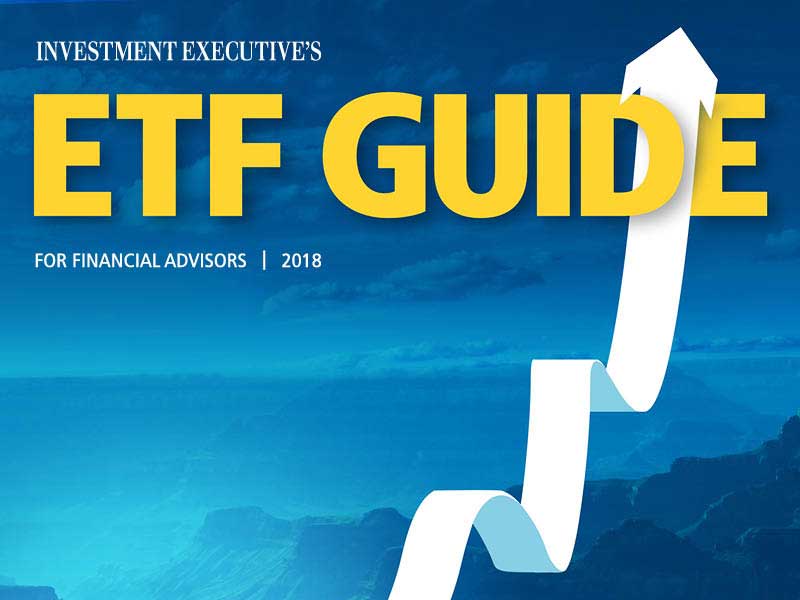
Hedge funds, private equity, managed futures and other alternative investments generally have been reserved for accredited and institutional investors: their costs and complexity have long been barriers for retail investors. But a new range of choices in ETFs that mine the potential of alternative investments and strategies are making these investments more viable for retail investors.
“To really gain true diversification, you need to find assets that have no correlation to the stock market or fixed-income,” says Tim Pickering, founder, president and chief investment officer with Auspice Capital Advisors Ltd. in Calgary. “An ETF is an extremely efficient vehicle for an investor to get that exposure. It’s cost-effective, it’s transparent and it’s liquid.”
Broadly speaking, alternative investments are assets other than stocks and bonds, which provide returns that are not correlated with traditional investments.
The “alternative” category has two main components, according to Chris Romano, director of research at ETF Global LLC in Pennsylvania: alternative asset classes, which includes real estate, commodities and currencies; and alternative investment strategies, such as short-selling, call-writing and hedge fund replication.
Still, the category has struggled to gain traction, even though a handful of ETF providers in Canada now provide these choices. “True alternatives – products that diversify the risk and the returns of your portfolio – don’t have high adoption rates in the retail community,” says Jaime Purvis, executive vice president, institutional sales, with Toronto- based Horizons ETFs Management (Canada) Inc. “Retail investors tend to chase returns, and they’re most comfortable with things that have worked before. Getting them to switch to things such as hedge funds or futures is tough.”
In fact, two alternative ETFs in Canada – Auspice Capital Advisors Ltd.’s Canadian Natural Gas Index ETF (TSX: GAS-T) and Horizons Auspice Managed Futures Index ETF (TSX: HMF) – were terminated this past March because they had insufficient assets under management. ETFs are expensive to manage and run, so they must hold a high volume of assets, Pickering says: “We need to see that our products are embraced by the investment community.”
A key part of the reason that ETFs specializing in alternatives have failed to attract more retail interest is that stock markets mostly performed well over the past several years. Says Purvis: “In a bull market, most people don’t think about alternatives.”
But with volatility having picked up in recent months, Romano says, that’s changing: “As people become more concerned about how much longer the equities markets are going to continue to go up, you’re going to see more interest and need for alternative-strategy products.”
In addition, traditional hurdles for retail investors, such as lack of liquidity, steep minimums, high fees and daunting paperwork, have been lowered. When alternative assets are wrapped into an ETF, they become easily accessible to almost any investor. Says Purvis: “[These ETFs] provide effective diversification, they’re easy to use, there’s no paperwork and there’s intraday liquidity. It makes it the easiest possible alternative to use.”
For financial advisors considering alternative ETFs for clients, Toronto-based Purpose Investments Inc. offers a variety, including Purpose Diversified Real Asset ETF (TSX: PRA), Purpose Tactical Hedged Equity ETF (TSX: PHE) and Purpose Multi-Strategy Market Neutral ETF (TSX: PMM).
Auspice Capital Advisors specializes in commodities- based ETFs. Canadian Crude Oil Index ETF (TSX: CCX), for example, tracks the performance of the Canadian crude excess return index. This ETF and similar ones can deliver superior results to funds that specialize in resources stocks, Pickering says: “A stock in a resources company has very high equities correlation and you’re still exposed to the stock market.”
Buying a commodities-based ETF provides direct exposure to the price of the underlying commodities, which can help to protect a portfolio against inflation risk.
Advisors can expect to see more options among these types of ETFs, Romano says: “You’re seeing a lot more product development in this area.”